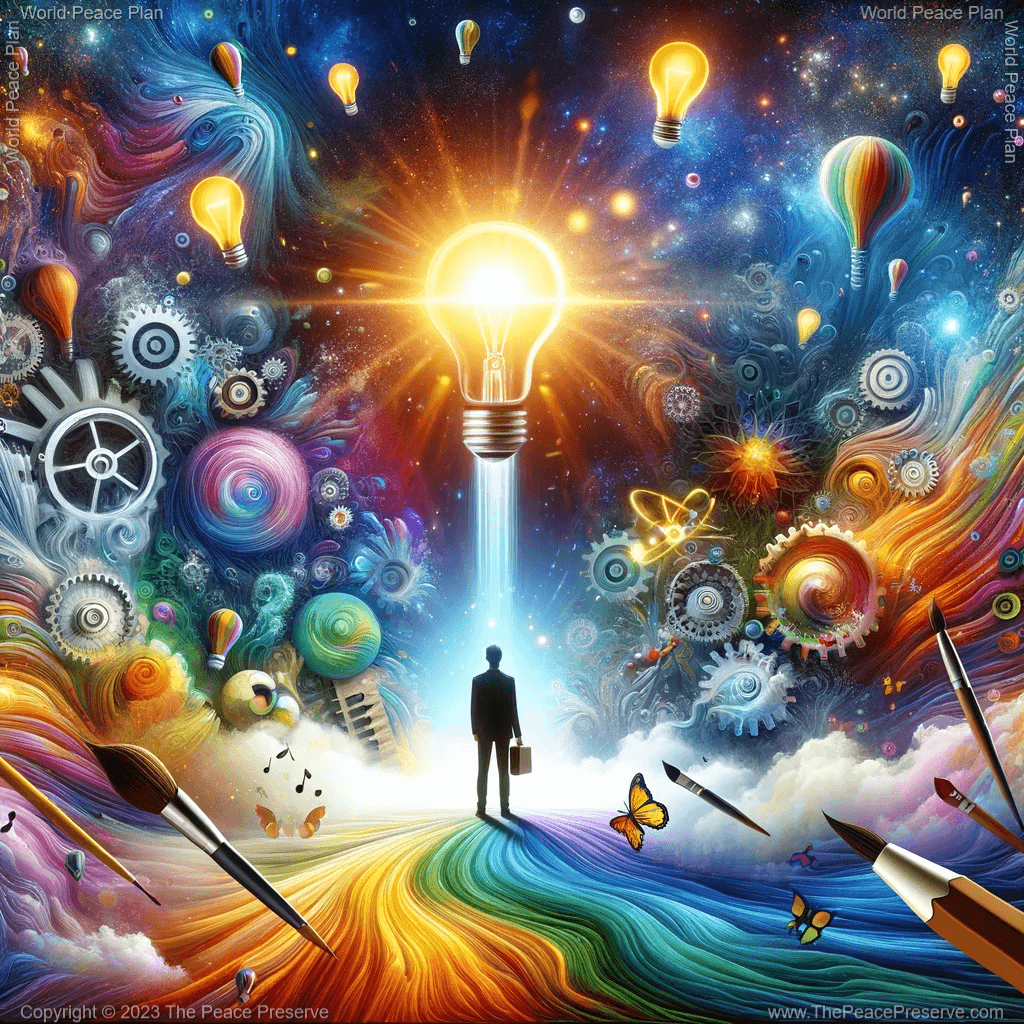Revised: Nov 23, 2023
Most religions have defined God as something that God is but also as something that God is not. We humans have come up with numerous definitions of what God is and does. Each religion has its own definition. Some say God is all good and yet man should fear God. Many say God is everywhere and yet claim there is a hell where satan resides and God does not. This God is Man made.
Contemplation on the definitions and perceptions of God throughout various religions and cultures raises thought-provoking questions about the nature of divinity and the motivations behind human attempts to define God. The diversity of beliefs and interpretations regarding God’s attributes and actions highlights the complexities and intricacies of humanity’s relationship with the divine.
There are complex and diverse ways in which humanity has defined and understood the concept of God throughout history. It raises important questions about the motivations behind these definitions and how they have shaped human perceptions of the divine.
Why on earth did man ever start defining God as something that God is not? When man did that thousands of years ago what was man’s reason for doing so? Did man think that by defining God as something that God is not, that God would change to being that? Did man want God to change to something other than what God is? Why would someone believe they can change God into something God never meant to be?
Throughout history, humans have sought to understand and connect with the divine through various religious and spiritual traditions. These traditions have given rise to a wide range of concepts and definitions of God, often influenced by cultural, social, and historical contexts.
Do you think man knows better what God should be than what God knows God should be? I believe that man did not want to change God from what God is but rather wanted to change man’s thoughts about what God is.
One possible explanation for the varying definitions of God is the human need to make sense of the divine, which often involves using language and concepts that are limited by human understanding. These definitions may serve as a way to convey and interpret spiritual experiences, values, and moral principles within specific cultural and social contexts.
In large part, man has succeeded, not in changing what God is, but in changing man’s thoughts about what God is. Man succeeded by placing into man’s mind thoughts not aligned with what God is.
It’s important to consider that these definitions can have a profound impact on the beliefs, values, and behaviors of individuals and societies. They can shape people’s perceptions of morality, justice, and the purpose of life. However, it’s also essential to recognize the limitations of human language and understanding when attempting to define God.
Man must now choose again, to put new thoughts into man’s mind, thoughts that align with what God is. The God that was, before man started defining God, is the God that man must align with again before world peace is possible.
An observation that man may not necessarily want to change God’s nature but rather to shape people’s thoughts about God is thought-provoking. Indeed, religious and spiritual teachings often aim to guide individuals in understanding the divine and living in accordance with particular values and beliefs.
In the pursuit of world peace, it’s important to respect the diversity of religious and spiritual perspectives while fostering mutual understanding and cooperation among different faiths and belief systems. Encouraging dialogue, empathy, and a shared commitment to universal principles, such as compassion, love, and justice, can help bridge gaps in understanding and work toward a more peaceful and harmonious world.
In essence, this plan invites individuals to reevaluate and expand their understanding of God, focusing on the core essence of the divine rather than the limitations imposed by human definitions and interpretations. This may open the door to a more inclusive and harmonious vision of spirituality and interconnectedness.

